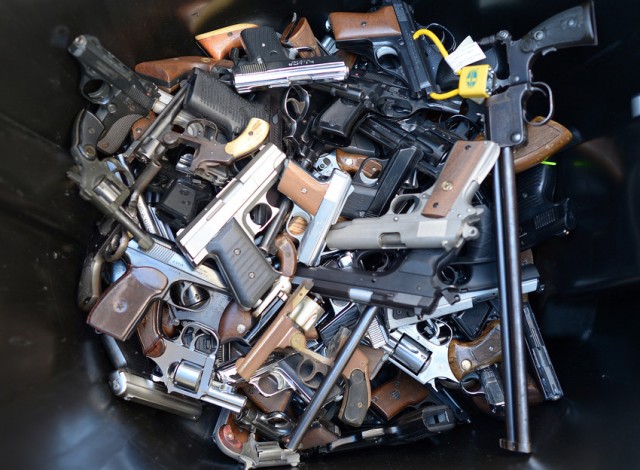
Last week's shootings in Isla Vista have once again rekindled the debate over gun regulation. Richard Martinez, whose son, Christopher, was one of the victims shot and killed by Elliot Rodger, voiced his anger at "craven, irresponsible politicians and the NRA" for their roles in preventing further gun regulation.
California's gun laws are some of the strictest in the country, featuring mandatory background checks, 10-day waiting periods and a limit of one gun purchase every 30 days. Even in the face of those restrictions, Rodger was able to lawfully purchase multiple handguns and hundreds of rounds of ammunition — despite a long history of mental health problems and the concerns of his family that he might be a threat to others.
In response, state legislators proposed multiple new regulations last week, designed to further restrict Californians' right to bear arms.
Assemblywoman Nancy Skinner (D-Berkeley), along with multiple legislators, introduced AB1014, a bill that would create a "gun violence restraining order" -- allowing family or friends to initiate a process of court-ordered prohibition of firearm possession or purchase.
Senate President pro Tem Darrell Steinberg proposed an additional piece of legislation Wednesday that calls for expanded training of law enforcement officers on how to handle people with mental illness.